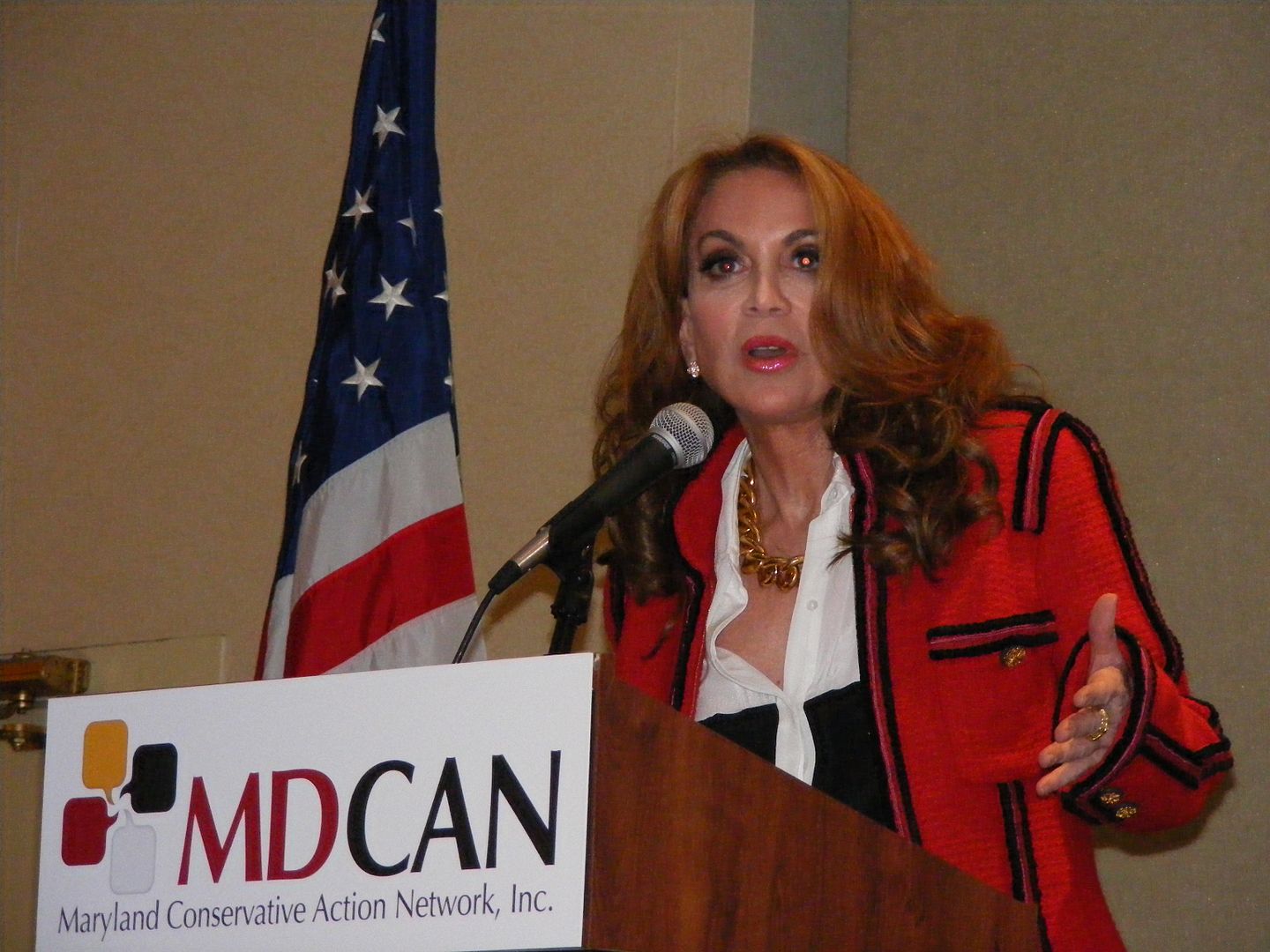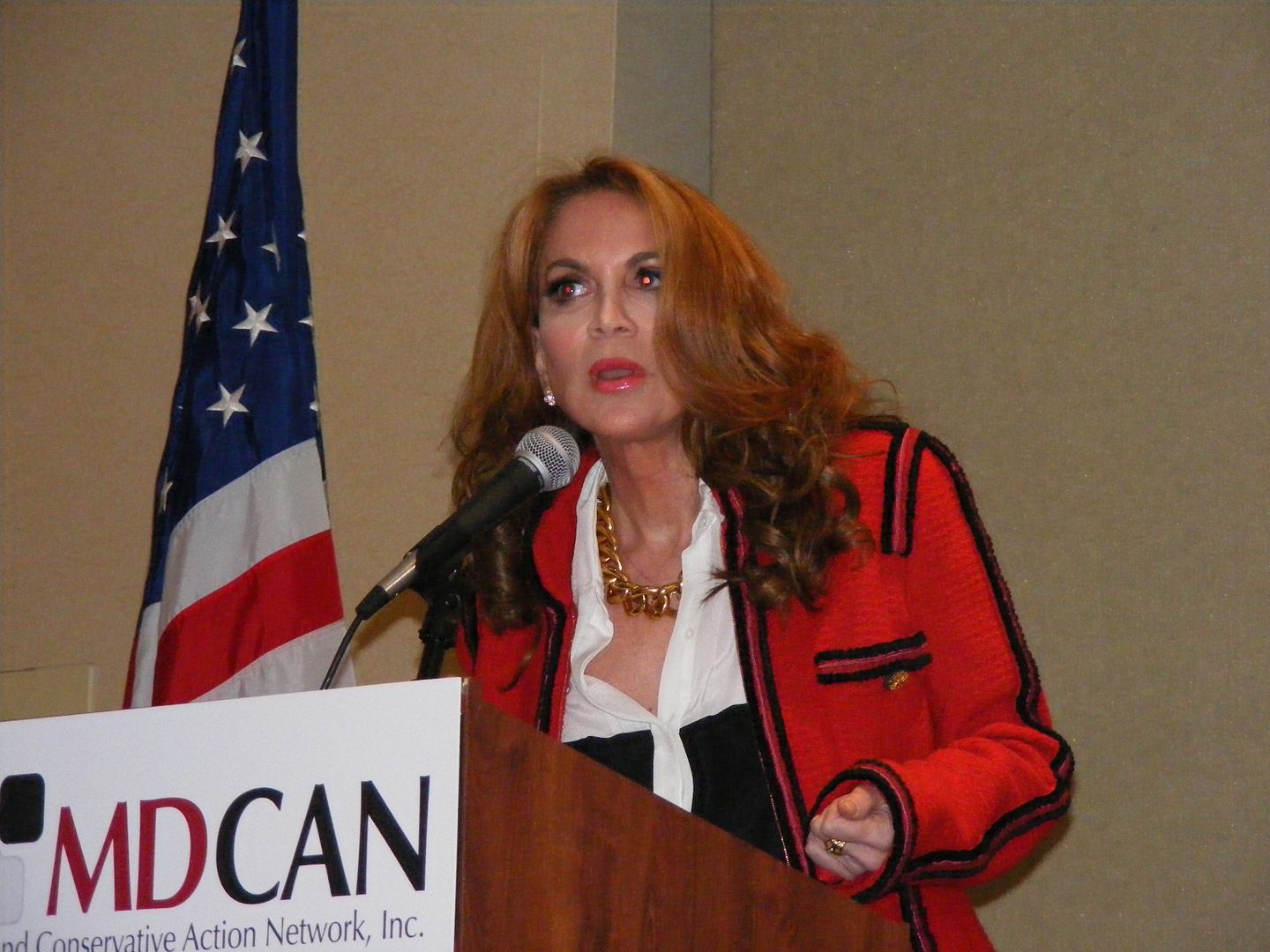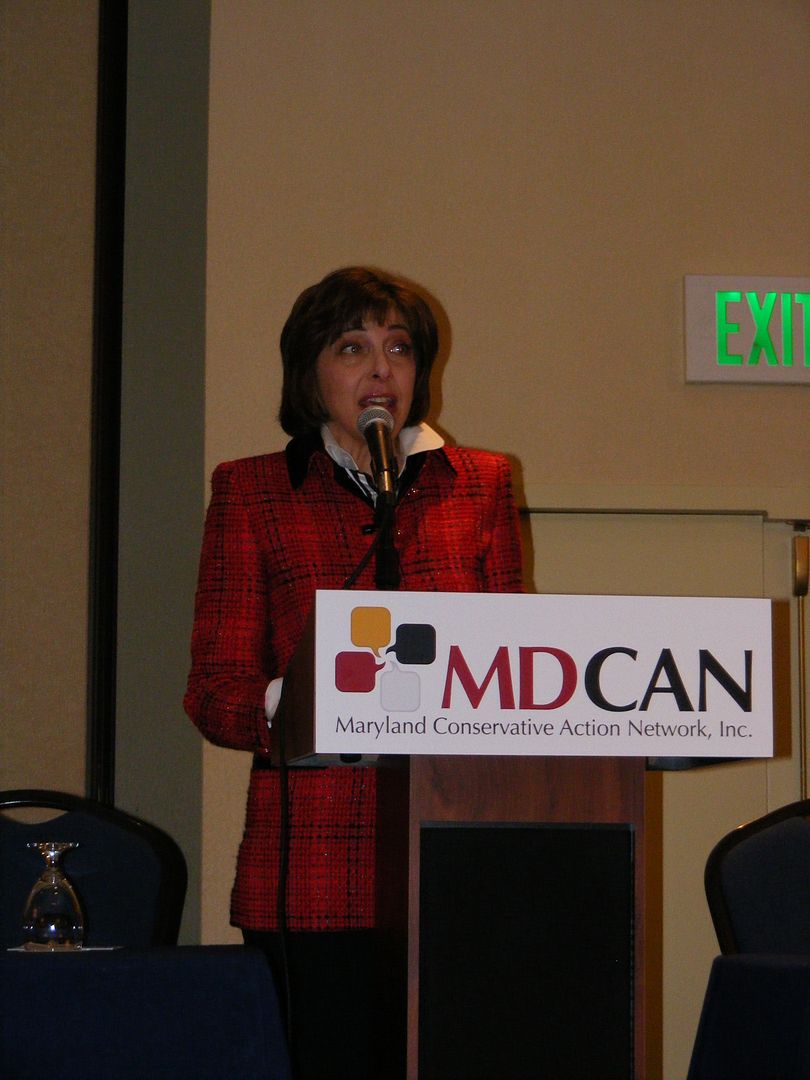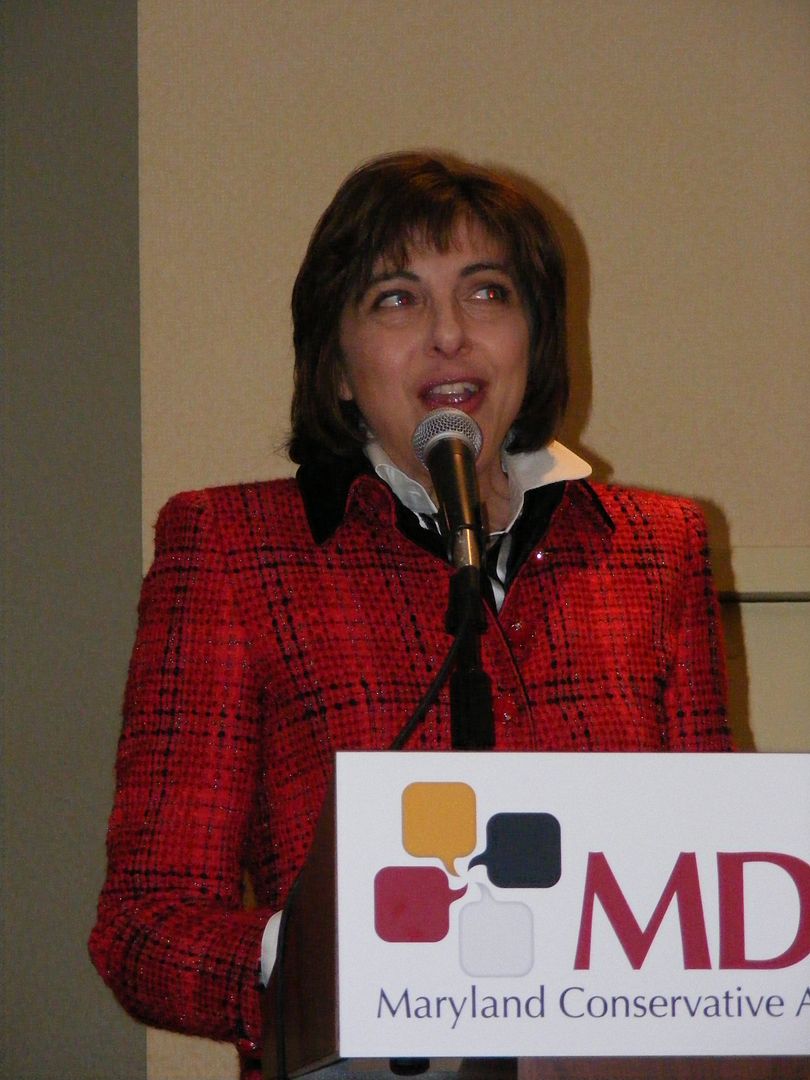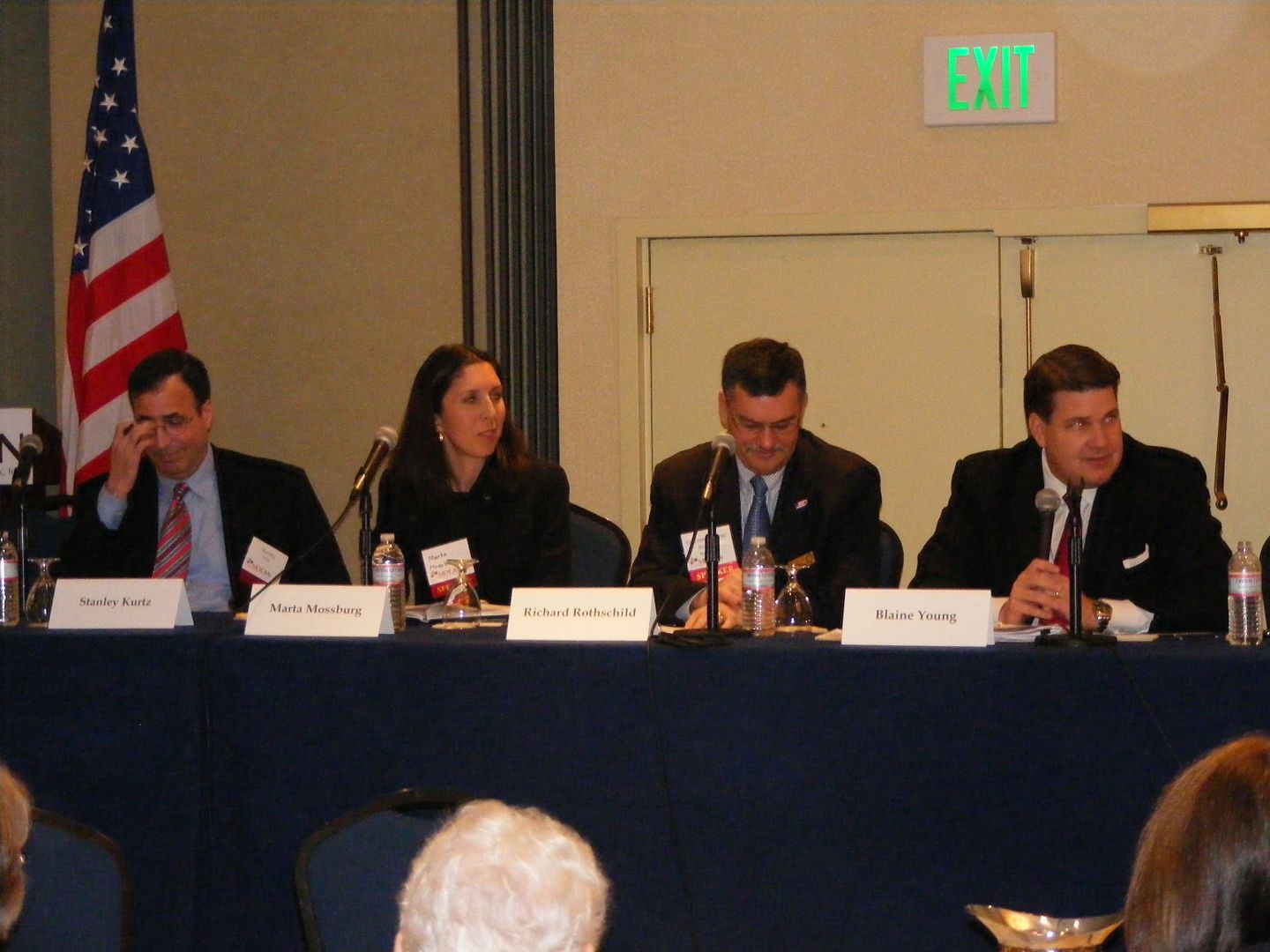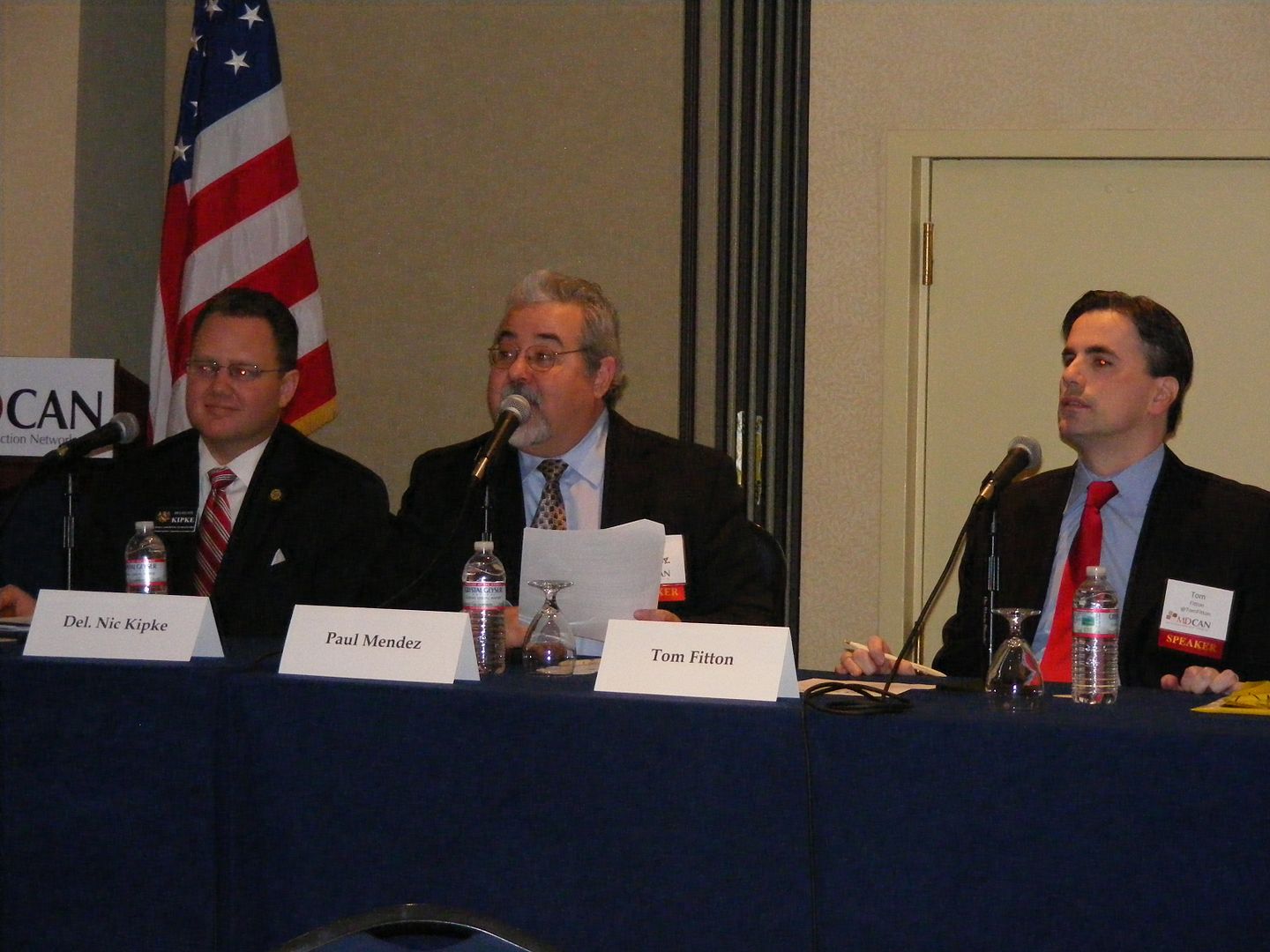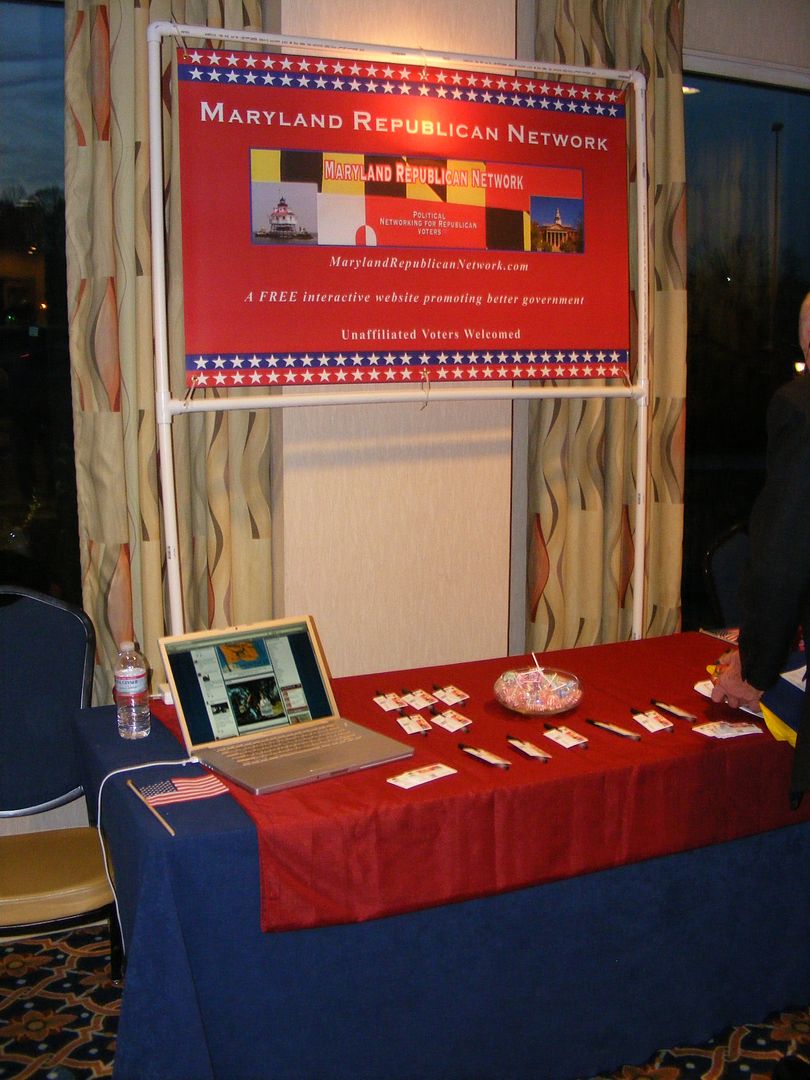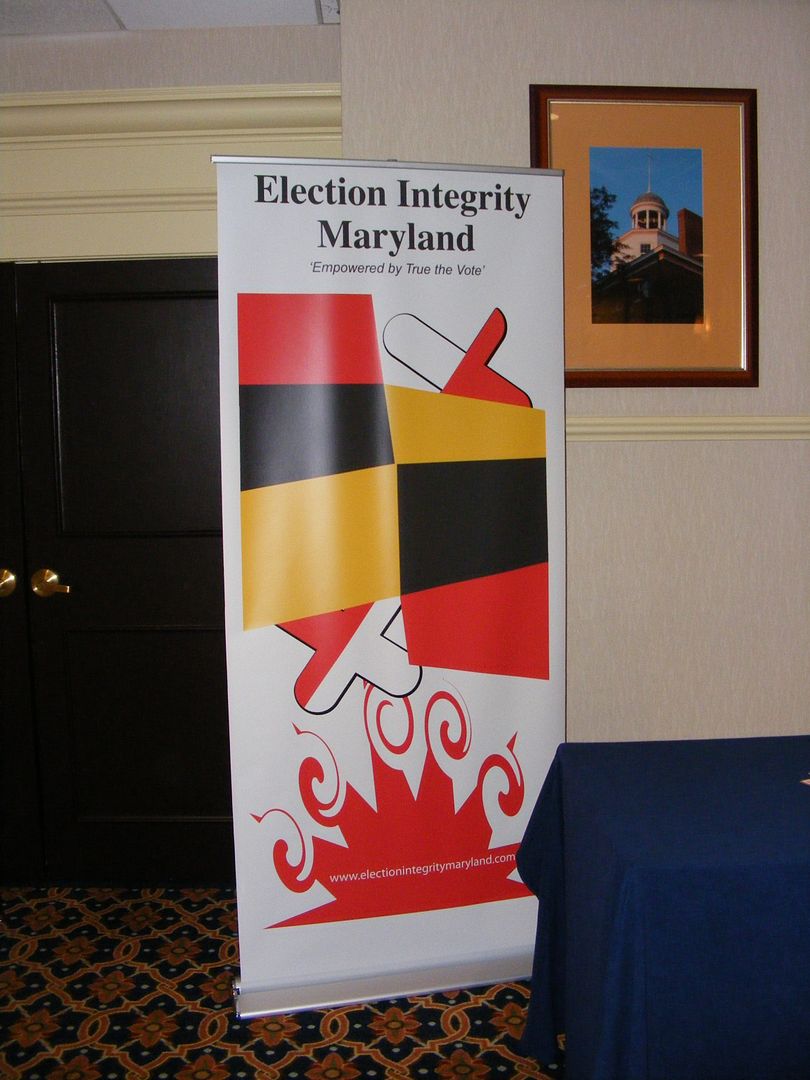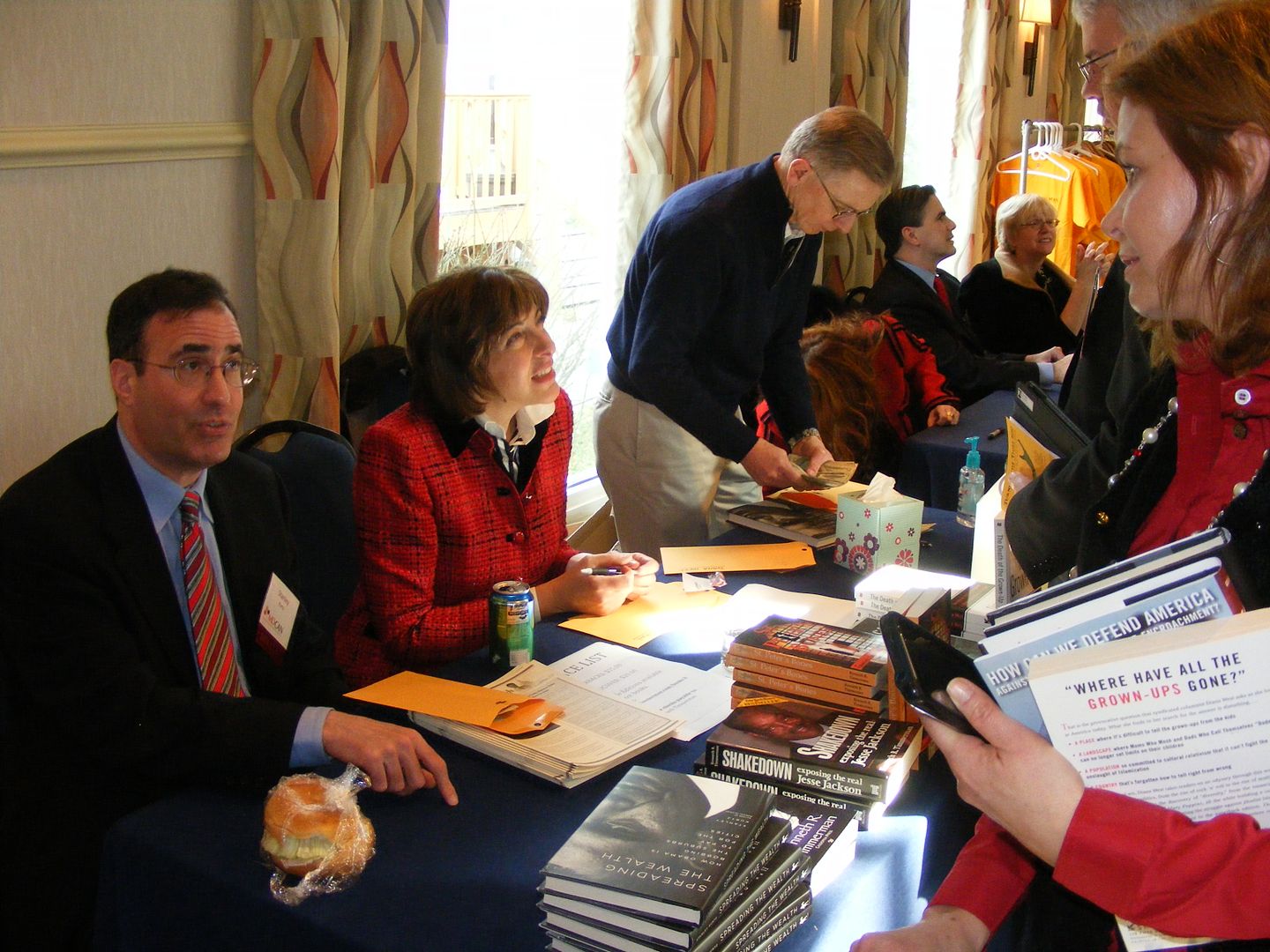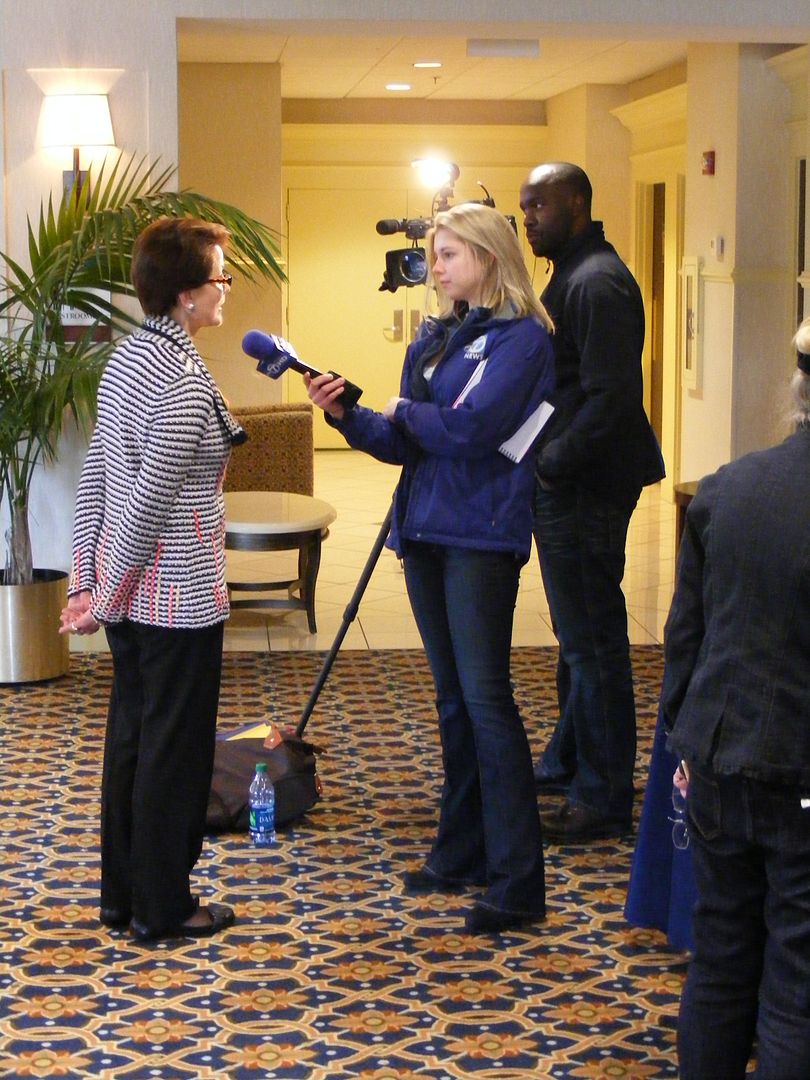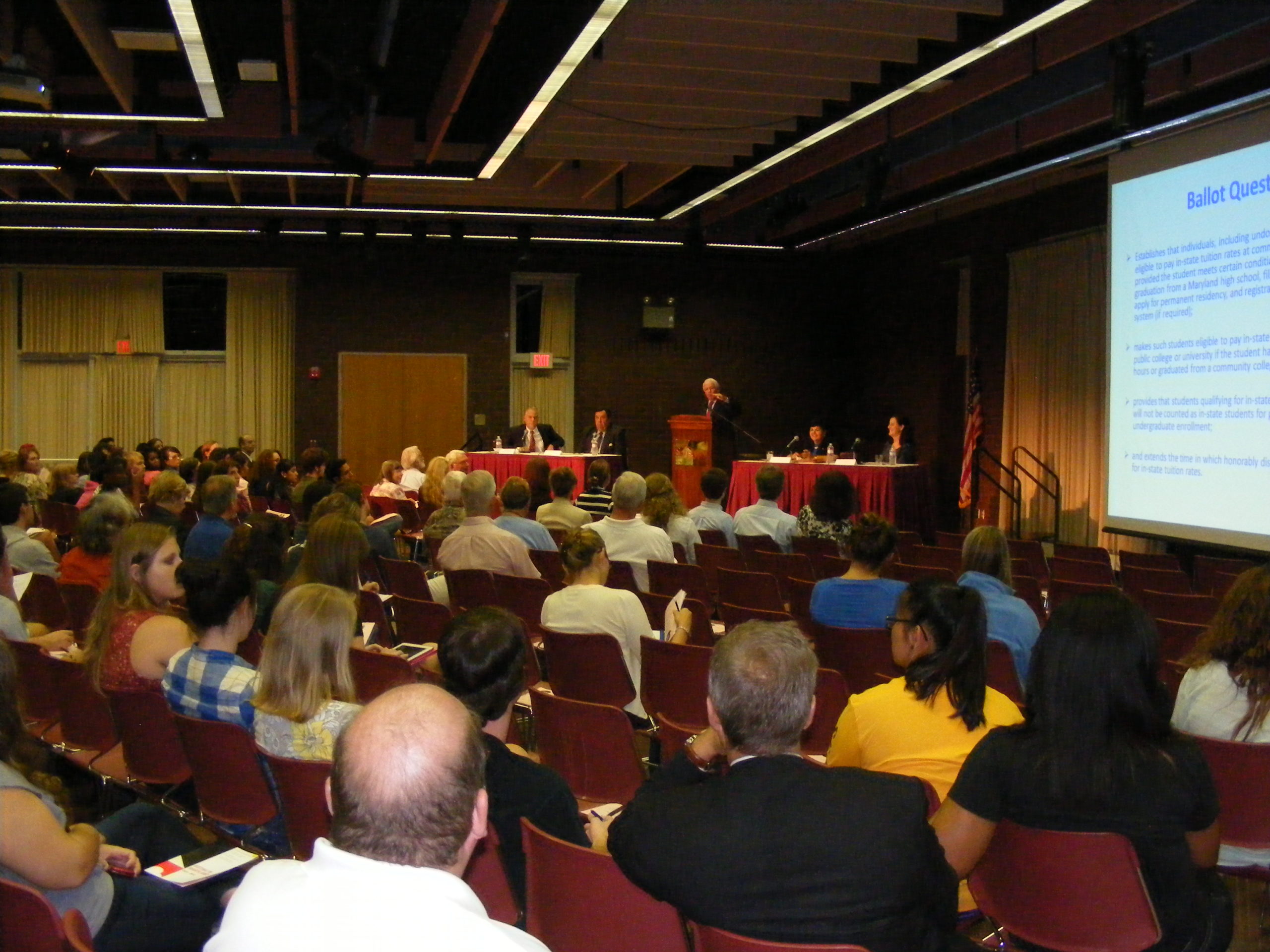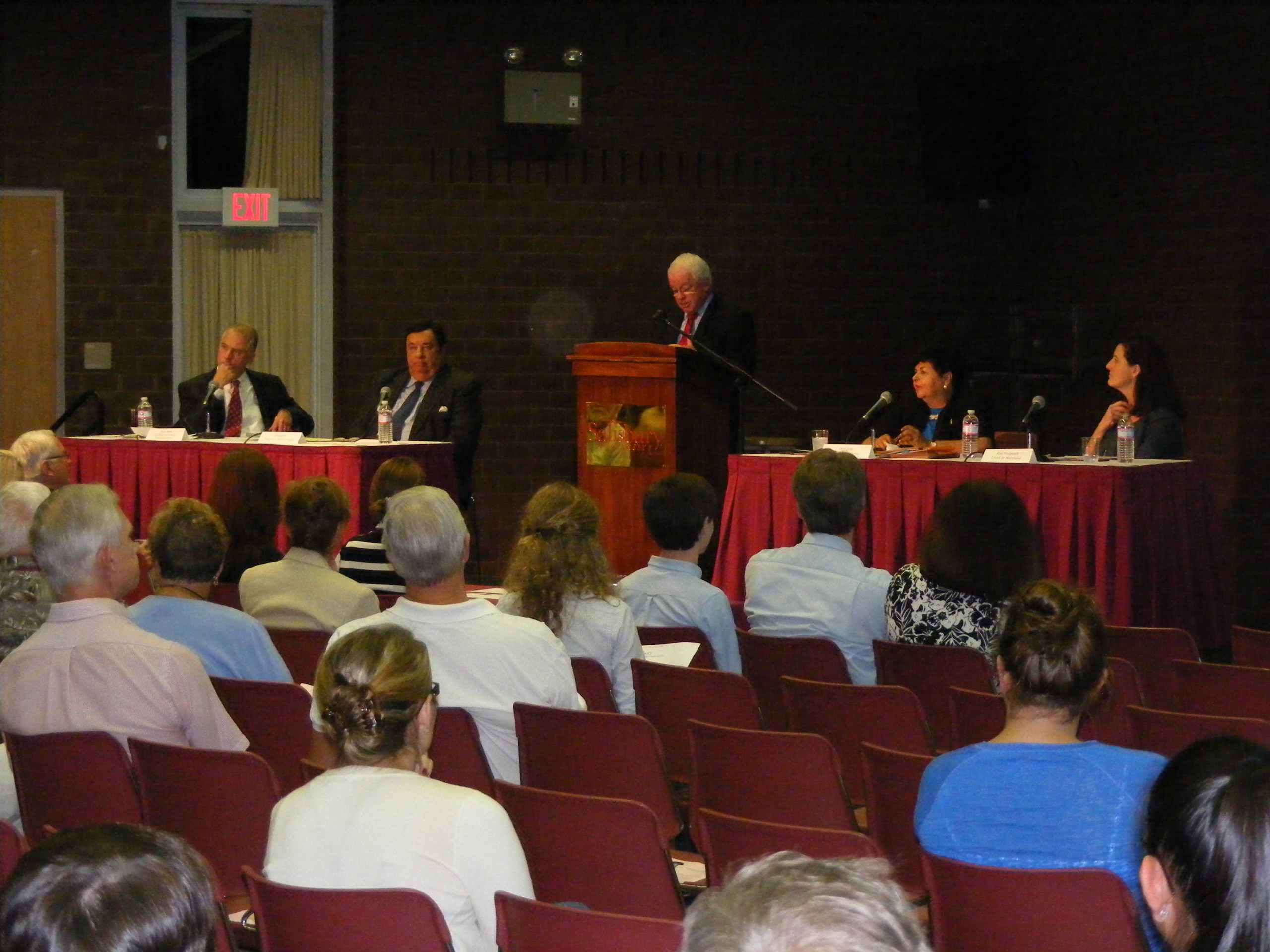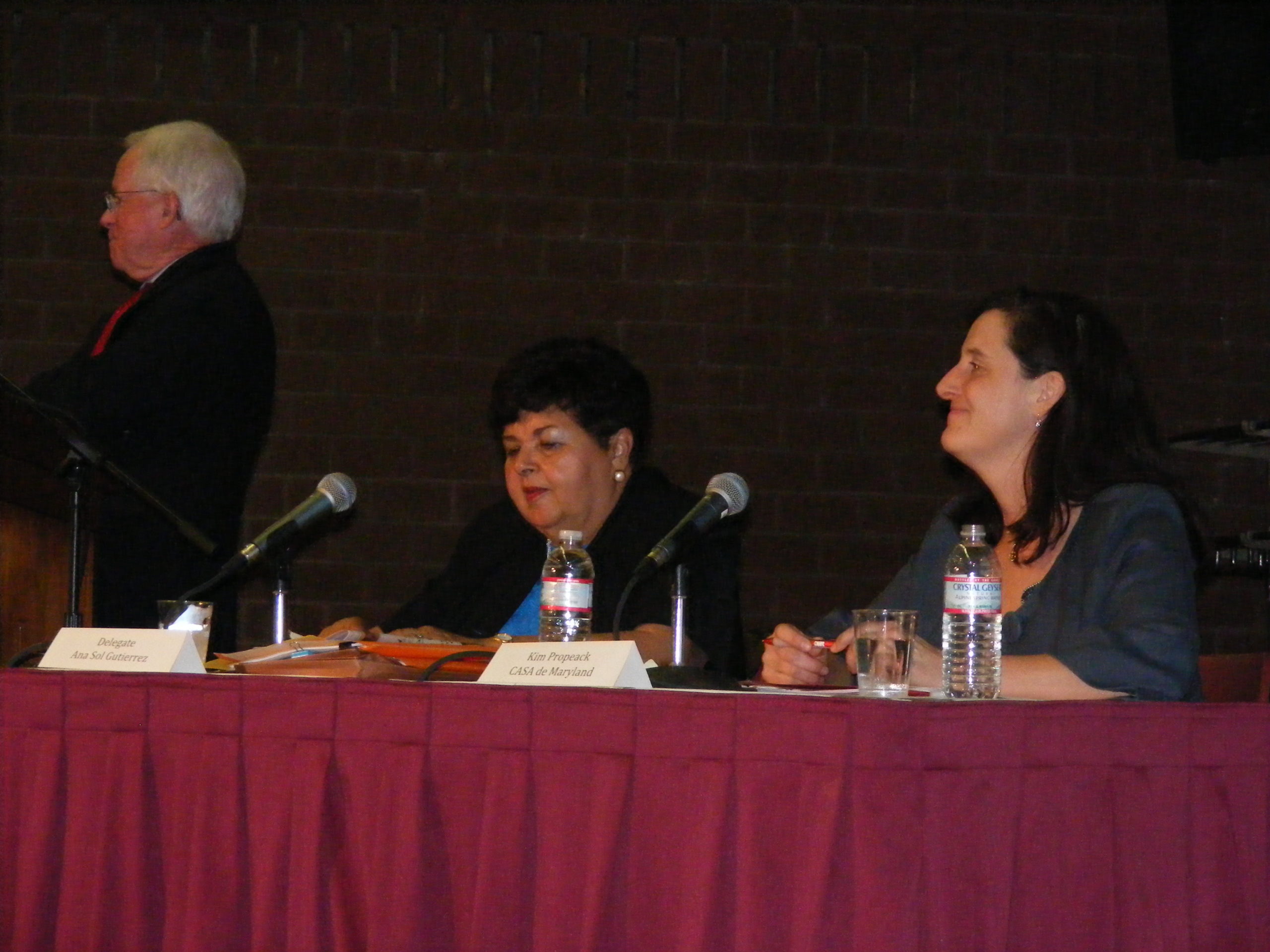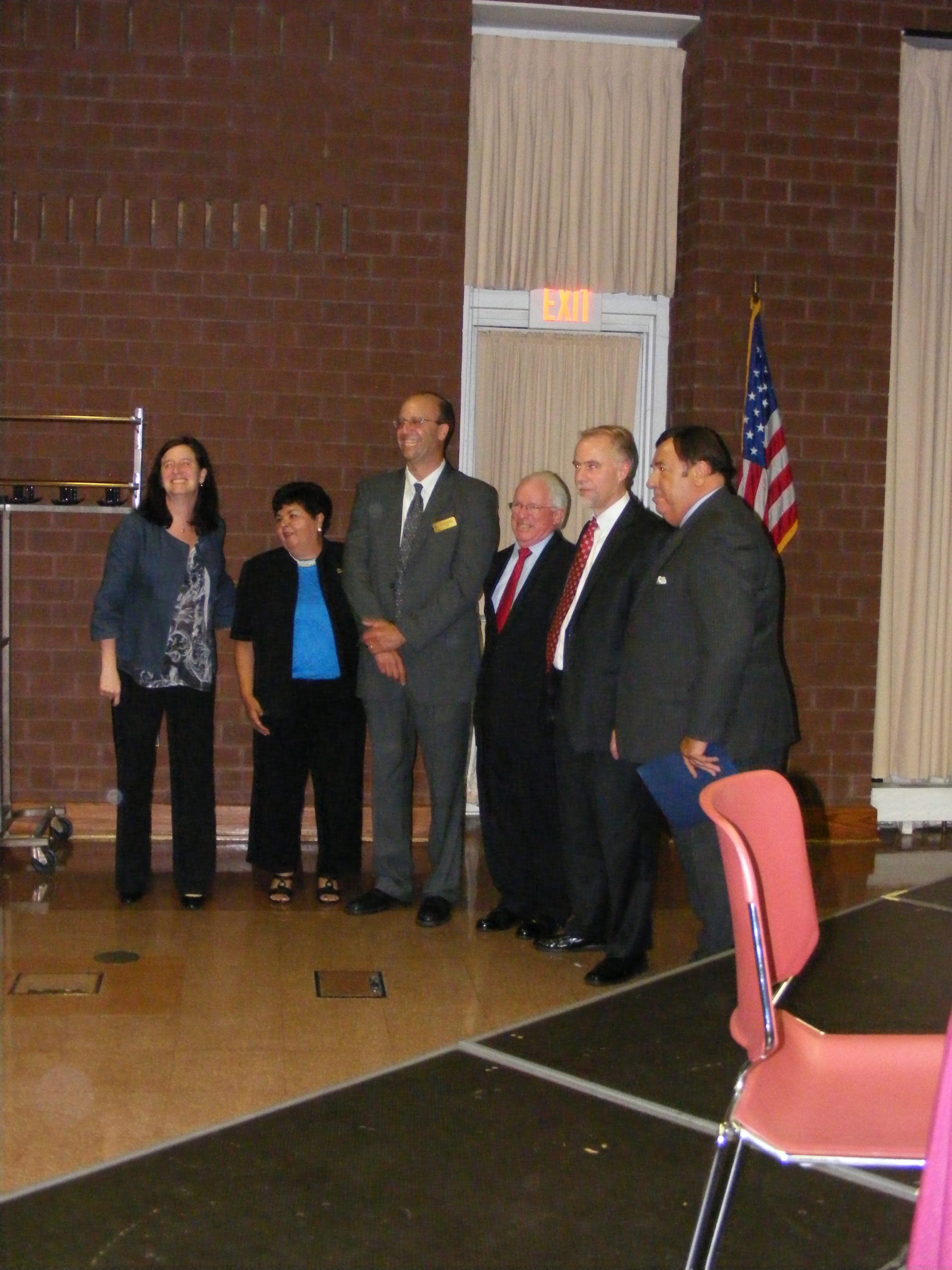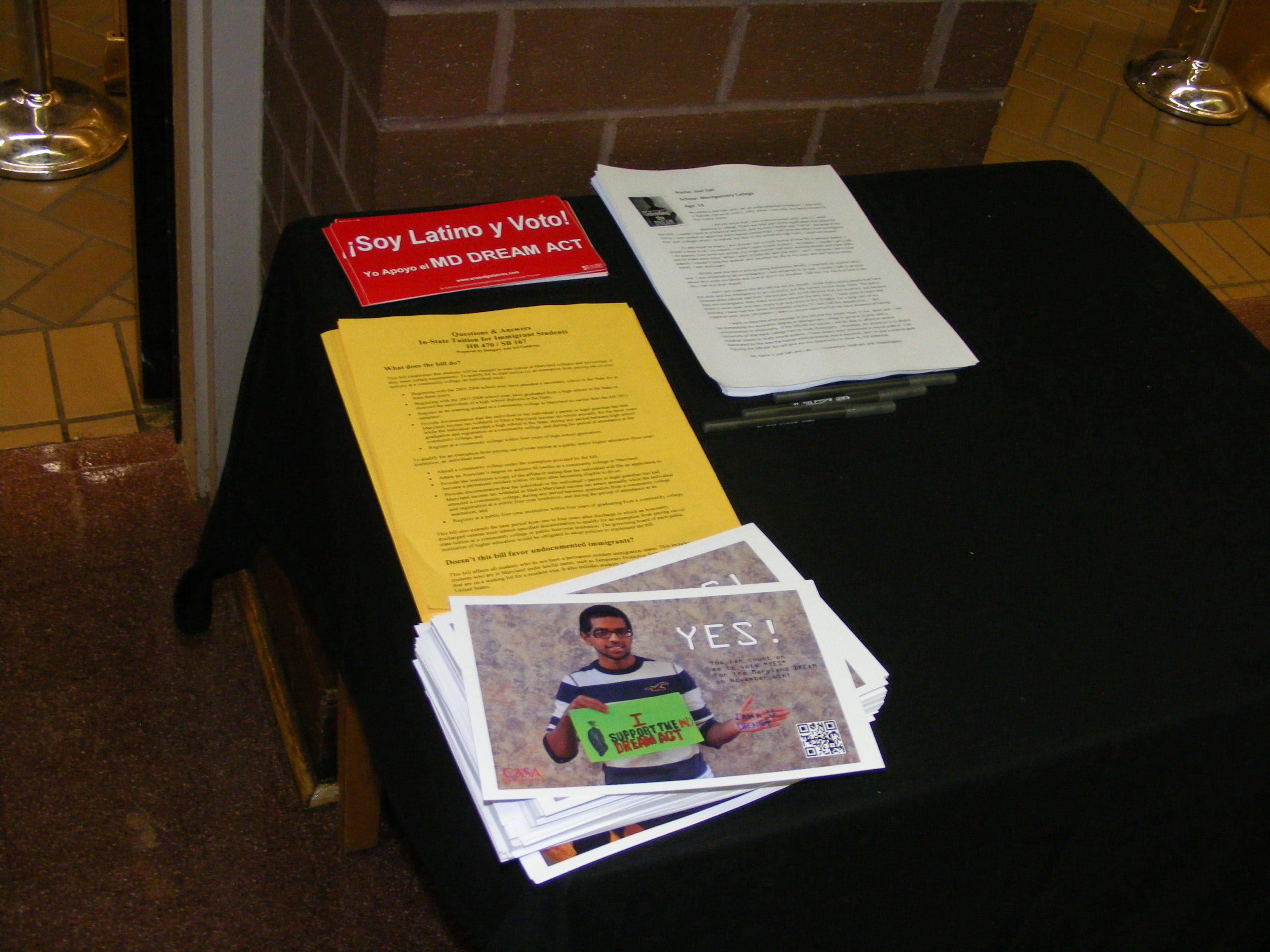Over the last couple days, a segment of the Maryland Republican Party is scratching its head over the absence of gubernatorial candidate Charles Lollar from several high-profile events: last month’s Andy Harris First District Bull Roast, the Conservative Victory PAC Ken Cuccinelli fundraiser (which was sponsored by several Maryland politicians), the Prince George’s County Lincoln Day Dinner with Lt. Col. Allen West, and most recently the state party’s Oktoberfest gathering in Timonium Saturday night. The conventional wisdom argument is that these were lost opportunities to impress the party brass.
But this may also presuppose Lollar wasn’t out meeting with “regular Joe” voters, and some say a lot of these gatherings would be time better spent knocking on doors or making phone calls. So which is it? I don’t know, but my feeling is that we all need to get back to basics and begin to compare just where each of the three major declared candidates stand on important issues facing the state.
A year and a half before the 2012 Presidential election, I began a process of grading the candidates in the race at the time on a number of issues. I think it’s time to repeat the process, with some different parameters because the issues aren’t always congruent between state and national elections – for example, I don’t have to worry about trade or the Long War but I do have concerns about agricultural issues and necessary changes to the state political system, meanwhile, some issues grow or contract in importance because of recent state developments. But I like the 100-point system so I will adapt it to suit.
So the 2014 monoblogue endorsement will be based on the following formula:
- Election/campaign finance reform (3 points)
- Illegal immigration (5 points)
- Dealing with Obamacare (7 points)
- Energy policy (8 points)
- Education (9 points)
- Second Amendment (11 points)
- War on Rural Maryland (12 points)
- Role of government (13 points)
- Job creation and transportation (14 points)
- Fiscal conservatism/taxation (15 points)
Once I add or subtract three points for various intangibles of my choosing, I’ll come up with the candidate who I think will best serve Maryland. Granted, my endorsement will only be worth the pixels they’re darkening but at least some thought will be put into why this candidate is the best one for Maryland. (Keep in mind that any of these three would be vastly superior to Anthony Brown, Doug Gansler, Heather Mizeur, or anyone else Democrats put up.) Otherwise, I come in with no preconceived notions with the exception that the other declared GOP candidates in the race don’t have the campaign or the presence to achieve any more than a tiny percentage of the vote so they’re not included; also, this is subject to update if/when Larry Hogan enters the race.
So now that you have the basic concepts, how about some specifics of what I’m getting at for each point? These are questions I may be able to find answers for within the candidates’ own websites, but it’s more likely I need further guidance. I have had the chance to hear all three declared candidates speak on at least two occasions apiece so I might have a decent idea where they’ll go, but it never hurts to ask. With that, here goes:
- Election/campaign finance reform: Will you aggressively pursue the redistricting revision case in court; if we succeed can we have 141 single-member districts? Where do you stand on current reporting requirements: too tight, too loose, or just right? What about getting after local boards of elections and telling them to clean up their voter rolls?
- Illegal immigration: Will you take the 287 (g) program used in Frederick County statewide? How about rescinding recent changes to drivers’ license laws in Maryland? And what about in-state tuition – do you revisit this issue? What about withholding a portion of state funds from sanctuary cities? Cooperation with the federal E-Verify program? What about policies allowing status checks such as those in Arizona?
- Dealing with Obamacare: Do we eliminate the state exchange? Would you pursue a waiver for the state if one becomes available? Are you in favor of defunding or letting the law go into effect and watching it collapse? What steps would you take to encourage more insurance competition in the state? What about returning Medicaid limits to minimum levels?
- Energy policy: When can we expect fracking to begin in Western Maryland? And what will you do with the renewable portfolio standard? Will you move to re-regulate Maryland’s electrical utilities? Can Martin O’Malley’s offshore wind scheme work? What about offshore oil drilling – is that an option for you? Will you maintain Maryland’s membership in the Regional Greenhouse Gas Initiative?
- Education: Will Common Core be the law of the land in Maryland, or will you eschew Race to the Top funding? How about school choice, or money following the child regardless of school? How will you protect homeschooling? Instill more local control? What about promoting elected school boards in those counties still without them? Emphasis on vocational education? How do you message against the certain opposition of the teachers’ unions?
- Second Amendment: Will you work to repeal the so-called Firearms Safety Act? What about concealed carry, and making licenses easier to get? If the federal government gets too onerous, will you fight them? What’s your interpretation of the Second Amendment?
- War on Rural Maryland: Can we count on you to repeal the Septic Bill and tier mapping? Will nitrogen-removal systems still be required? Will the Hudson family be made whole by the state, since it was with the state’s assistance they were legally harassed? How will you assist the poultry industry in the state and keep them here? What about cleaning up behind the Conowingo Dam and fighting the mandated burden on rural counties, as well as the rain tax on urban ones?
- Role of Government: Where do you stand on a regulation moratorium, and would you veto new mandates passed through the General Assembly? Are there any agencies you’d work to abolish? What about divestiture of surplus state land? Is a consolidation of primary state government functions in Annapolis on your agenda? Can we count on you to repeal as many laws as you create? Where do you stand on public-private partnerships? Do you support citizen-based petition to referendum for new laws (as opposed to those passed by the General Assembly)? What about the right to recall elected officials?
- Job creation and transportation: We know you’ll lower the corporate tax rate – what about eliminating it entirely? What about reform of unemployment insurance? What other steps will you take to make it easier to do business in Maryland? As far as infrastructure goes, will you kill the Red Line and Purple Line in favor of more useful means for transporting goods, such as expanding the interstate network in Maryland and surrounding states? Will you hold the line on tolls? What about another Bay crossing – where would you put it? What non-tax code incentives would you offer for rural area job creation? What policies would you adopt from other states?
- Fiscal conservatism/taxation: Can Marylanders expect a flatter income tax system? How about eliminating it entirely as some states have done? Or would you prefer a sales tax decrease or elimination? Would you agree to a TABOR, or at least a budget utilizing those principles? Can we get per-capita spending closer to the national norm? And how will you deal with the outcry of the press, such as the old “tax cuts for the rich” saw?
- Intangibles: Positions on abortion, expansion of gambling and/or return to legislative control (as opposed to Constitutional amendment), protection for religious objections to gay marriage, your perception of the TEA Party and pro-liberty movement, and so forth. Mainly social issues.
Yes, that’s a hell of a lot. But somewhere, someone else is asking some of the same questions and if I’m going to make a decision I want it to be informed. And while I’d like to make these issue posts on about a weekly basis, that’s probably a quite aggressive timetable.
But I’m sure that a) people from the respective campaigns read my website, and b) they will bend over backwards for new media. (At least that’s what I’m counting on.) And it’s likely they haven’t even pondered some of these queries, so I don’t expect miracles – but I’ll take them anyhow.
Yet I’m sure that some high-dollar Beltway Republican consultant will tell their candidate that he’d be nuts to get into specifics this far out because all it would provide is fodder for the Democrats and the press (but I repeat myself) to harp upon as the campaign heats up. News flash: they will do that anyway, even if they have to make stuff up (e.g. “a fee is a tax.”) So get it out now and I’ll take those clowns on myself, even as I point out that it’s not like I don’t have a few allies in this fight.
Just let me know you have the balls to stand for something, okay?



